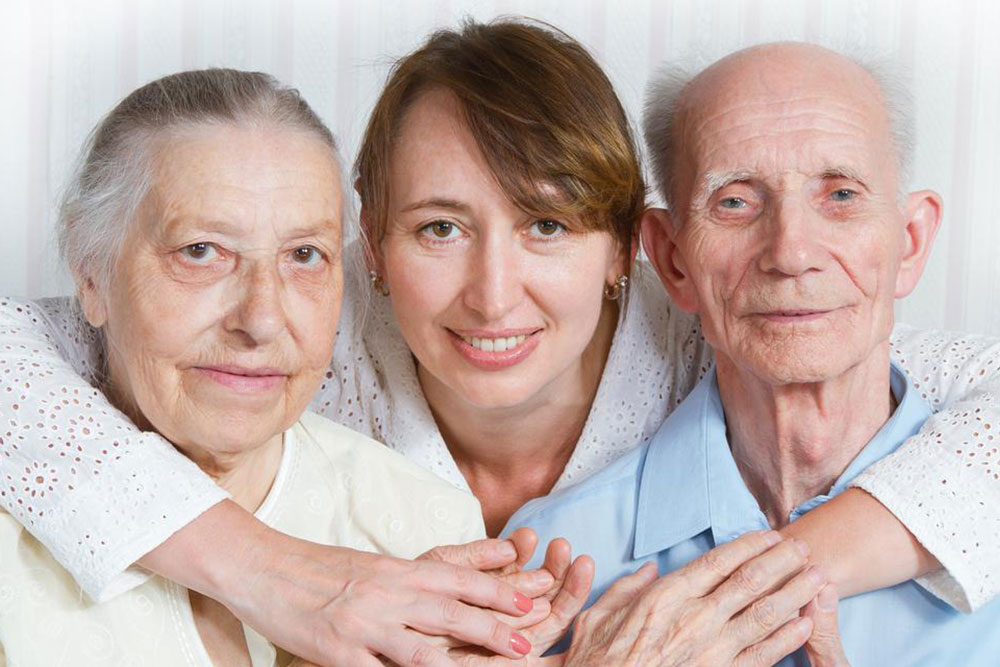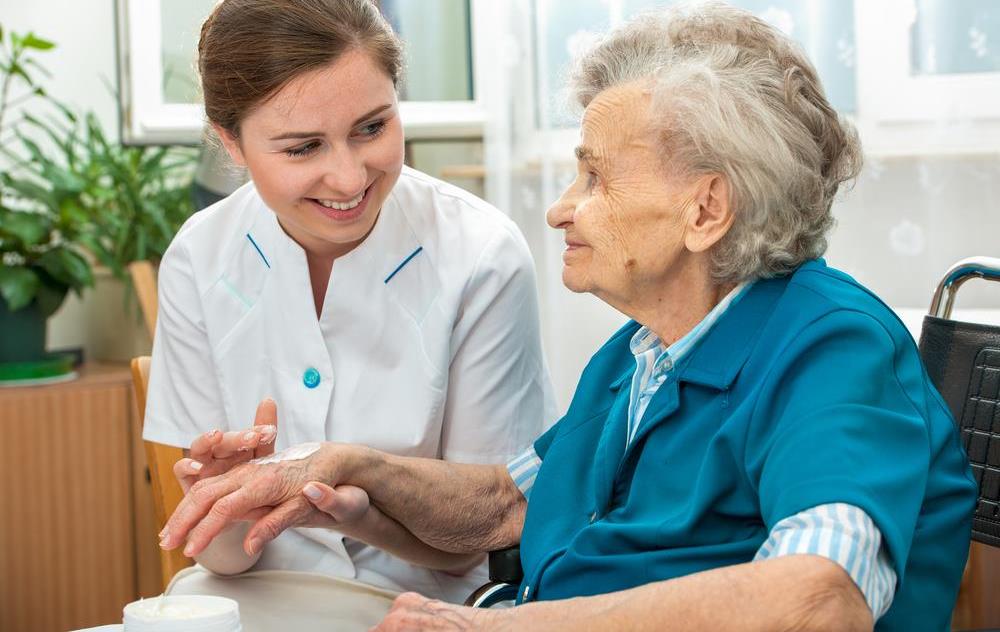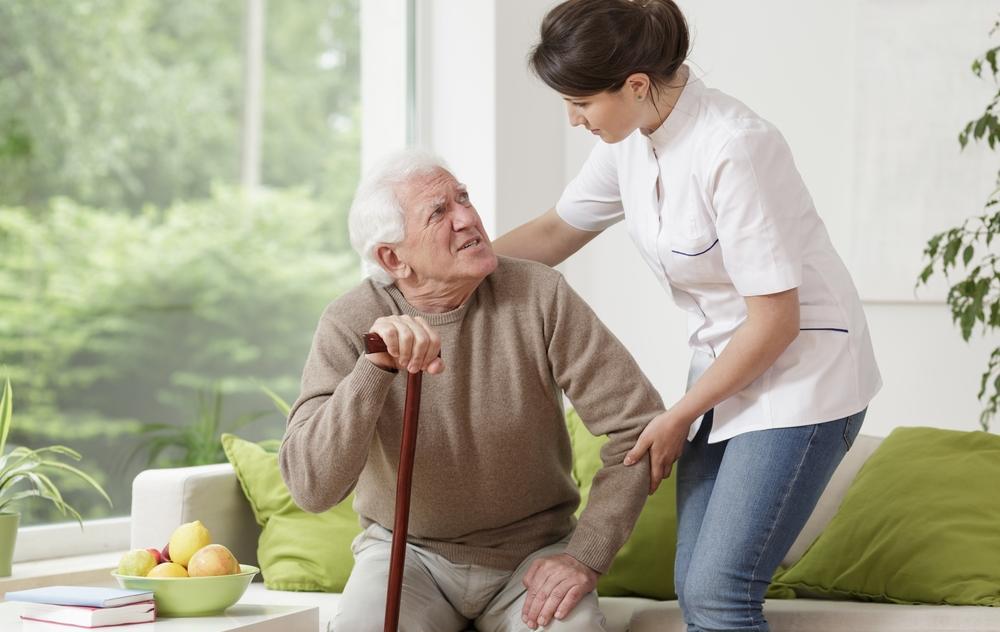Essential Traits for Effective Elderly Caregivers
This article highlights essential qualities for senior caregivers, emphasizing empathy, observation, and organizational skills. It offers practical advice for both professionals and family members to improve elderly care. Developing these traits helps caregivers foster trust, ensure safety, and deliver effective support, ultimately enhancing seniors' quality of life and well-being.

Essential Traits for Effective Elderly Caregivers
Key qualities that define successful senior caregivers
Providing timely support and compassionate care greatly enhances the quality of life for elderly individuals. Nonetheless, caregiving demands patience, resilience, and dedication. Whether part of a professional team or a family member, the role can be challenging despite sincere intentions. To serve seniors effectively, it’s crucial to develop specific skills and qualities that foster trust and efficiency.
Empathy and kindness
Age-related issues and health concerns may cause behavioral changes in seniors. Caregivers must demonstrate empathy and kindness to handle these situations sensitively.
These skills enable caregivers to manage difficult moments gracefully and confidently. Showing genuine care helps build trust with seniors, making caregiving tasks easier and more effective.
Sharp observation abilities
When caring for seniors with medical conditions, vigilance is vital. Caregivers need to keenly observe and interpret physical and behavioral cues, document any changes, and communicate these to healthcare professionals. A comprehensive awareness of the environment and the senior’s condition ensures safety and well-being.
Effective time management and organization
Whether working as a professional nurse or a family helper, managing daily tasks efficiently is essential. Caregiving involves a range of responsibilities that must be prioritized and completed without stress. Staying organized helps ensure all routines, appointments, and documentation are handled timely, promoting better health outcomes for seniors.
Tags- Elderly Caregivers










